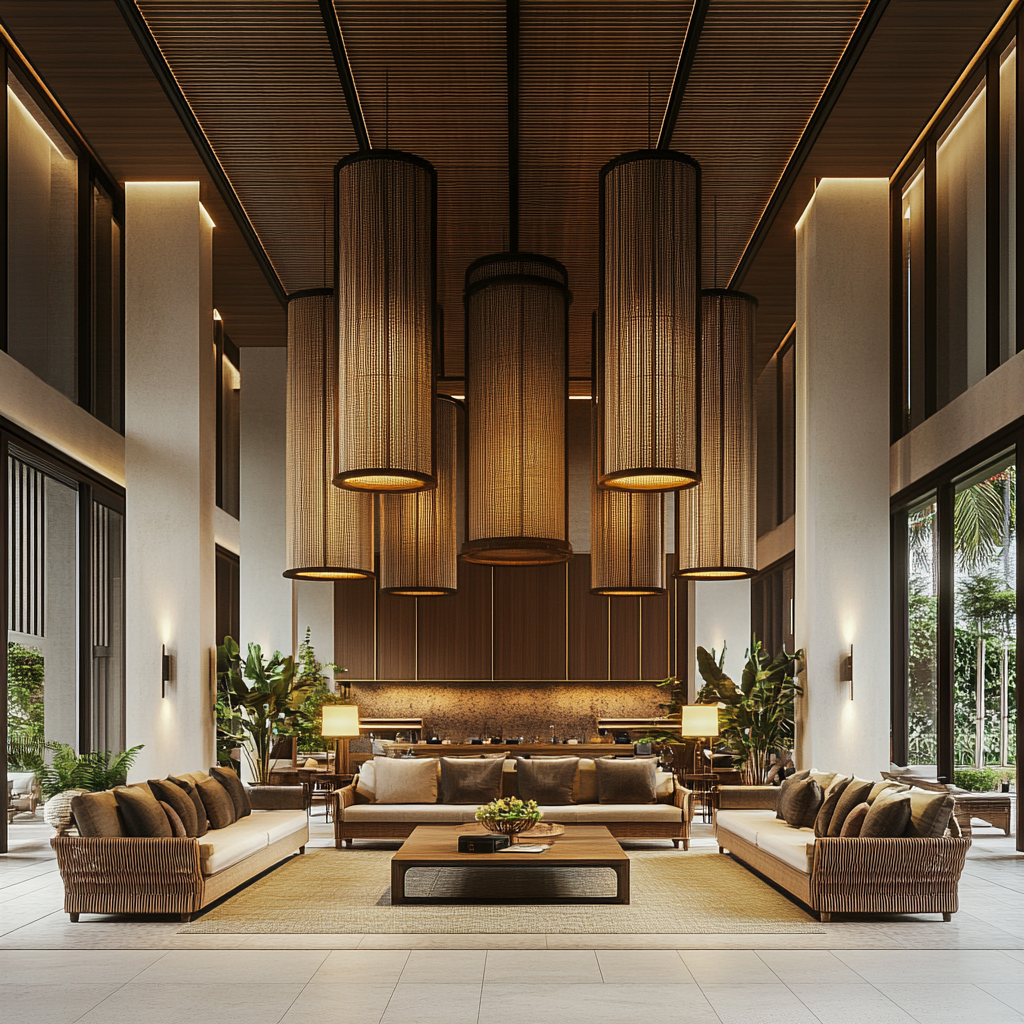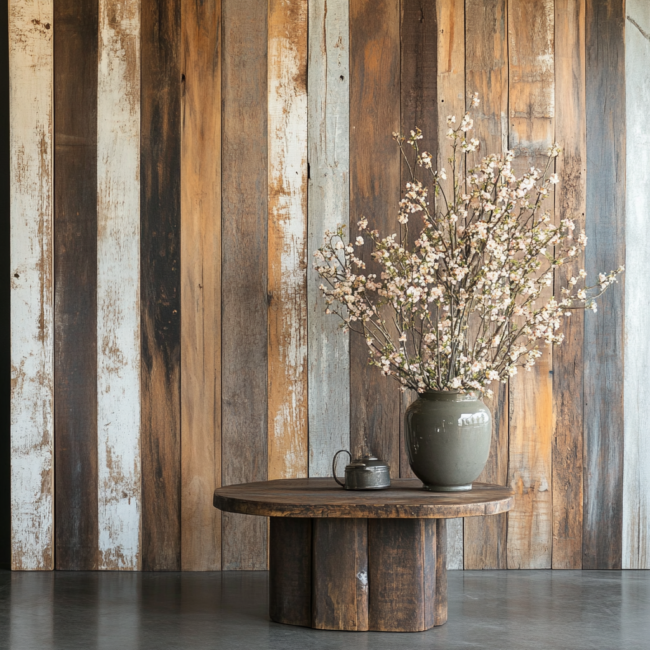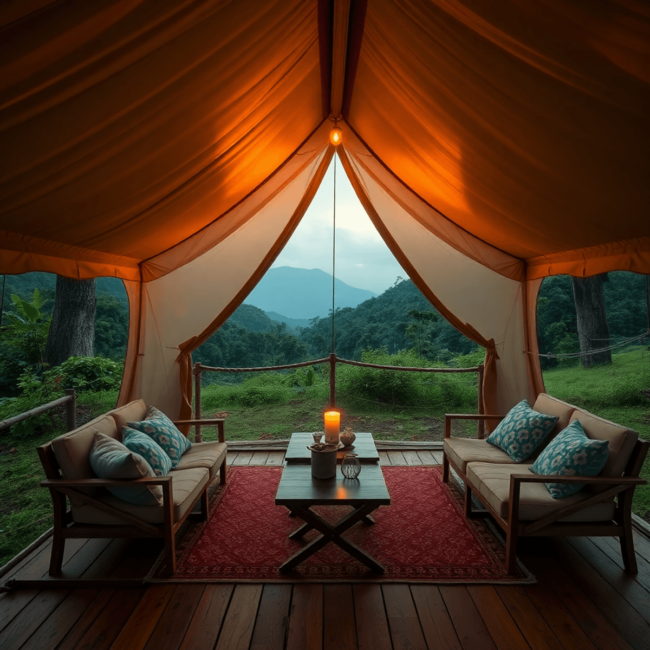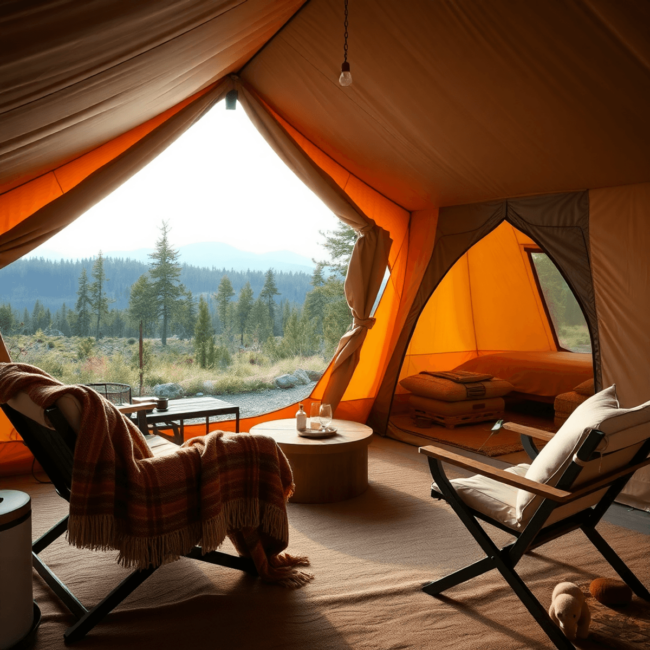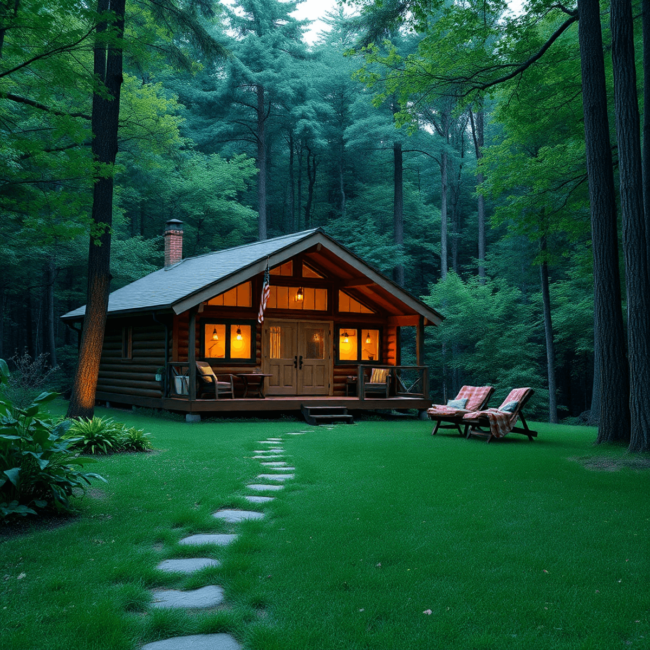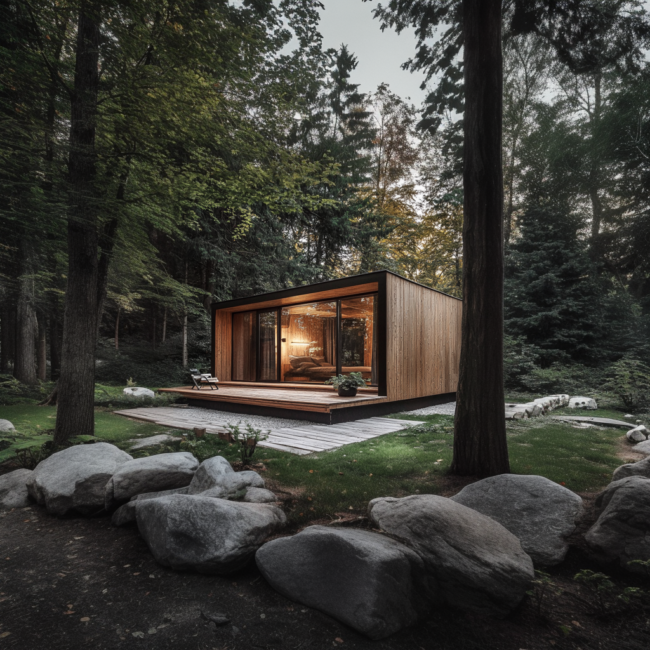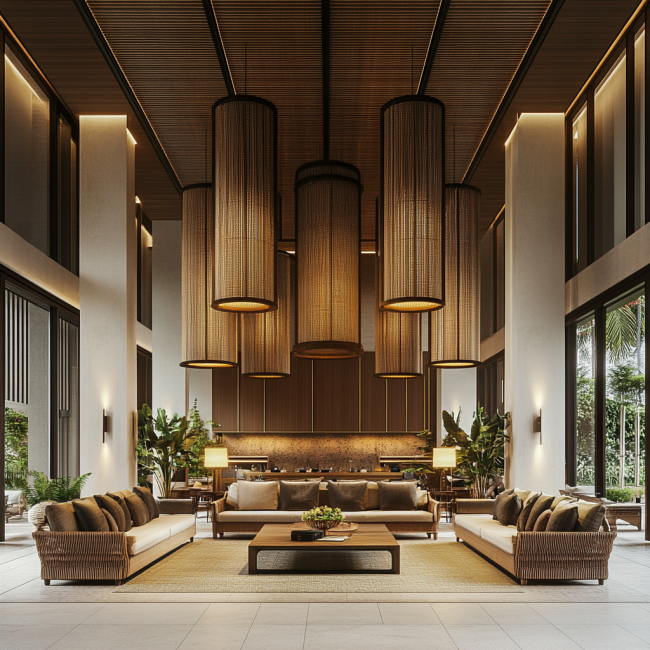Introduction
The furniture manufacturing industry includes many different types of producers, each serving specific markets and needs. From residential pieces that enhance a living space to sturdy furnishings made for busy areas, knowing the differences between various manufacturers is essential.
One important difference is between hotel furniture manufacturers and retail furniture manufacturers. Each has its own purpose and operates under different standards. Understanding these differences is vital for making informed decisions in the hospitality industry—a field that requires both visual appeal and strong durability.
CH Furnitures, a leading name in hospitality custom furniture manufacturing, exemplifies the specialization needed in this field. With two factories located in Cirebon (rattan-based) and Jepara (solid wood-based), CH Furnitures provides bespoke solutions that cater specifically to the rigorous demands of the hospitality sector. Founded by Jason Nathanael, who also shares insights on EXIM through social media platforms like Instagram and TikTok, CH Furnitures ensures 100% customer satisfaction with customizable options perfect for any hotel’s branding needs.
Understanding these aspects sets the stage for a detailed examination of what sets hotel furniture manufacturers apart from their retail counterparts.
Understanding Hotel Furniture Manufacturers
Definition and Role of Hotel Furniture Manufacturers
Hotel furniture manufacturers specialize in producing furniture tailored specifically for the hospitality industry. Their primary role is to design and manufacture items that meet the unique needs of hotels, resorts, and other lodging establishments. This includes creating products that enhance guest experiences while ensuring functionality and durability in high-traffic environments.
Types of Products Offered
Hotel furniture manufacturers offer a wide range of products designed to furnish various areas within a hotel. These include:
- Casegoods: Items such as desks, dressers, wardrobes, and nightstands that provide storage solutions and contribute to the room’s overall aesthetic.
- Seating: Chairs, sofas, benches, and ottomans designed for guest rooms, lobbies, dining areas, and conference spaces.
- Beds: From standard hotel beds to custom-made headboards and bed frames.
- Tables: Dining tables, coffee tables, side tables, and workstations.
Importance of Durability and Functionality in High-Traffic Environments
The hospitality industry demands furniture that can withstand constant use by guests. Durability is crucial; materials must be robust enough to endure frequent wear and tear without compromising on appearance or comfort. For instance:
- Solid wood construction ensures longevity.
- High-quality upholstery provides both comfort and resilience against spills and stains.
Functionality is equally important. Hotel furniture needs to be practical for both guests and staff. Features like:
- Easy-to-clean surfaces help maintain hygiene standards.
- Compact designs accommodate varying room sizes while maximizing space utilization.
Hotel furniture also often incorporates elements such as:
- Integrated charging stations
- Multifunctional pieces
These features enhance the guest experience by providing added convenience.
CH Furnitures exemplifies these principles with their extensive range of customizable products made from high-quality materials like teak wood. Their expertise in crafting durable yet stylish pieces makes them a leading choice for hoteliers seeking reliable solutions in hospitality furniture manufacturing.
Custom Solutions for Hotels
Choosing a hotel furniture supplier involves more than just selecting items from a catalog. The unique needs of the hospitality industry require tailored solutions that align with the hotel’s specific themes and branding. This is where collaboration with designers and procurement teams becomes essential.
Collaboration with Designers and Procurement Teams
Hotel furniture manufacturers work closely with designers to ensure that every piece of furniture enhances the overall aesthetic of the property. This collaboration ensures:
- Seamless Integration: Furniture pieces that complement the hotel’s design theme, whether it’s modern, traditional, or eclectic.
- Functionality: Practical designs that cater to the specific needs of different hotel areas such as lobbies, guest rooms, and dining areas.
- Innovation: Incorporating cutting-edge design trends and technologies to provide guests with a contemporary experience.
Procurement teams play a critical role in this collaboration by managing budgets, timelines, and logistics. Efficient communication between all parties ensures that the final products meet both design expectations and practical requirements.
Tailored Solutions Based on Hotel Themes or Branding Requirements
Hotel furniture manufacturers offer customization options that are crucial for maintaining brand identity. These tailored solutions include:
- Custom Materials: Selection of materials like solid wood, rattan, or metal based on durability needs and aesthetic preferences.
- Unique Designs: Custom designs that reflect the hotel’s unique character and ambiance.
- Brand Consistency: Ensuring every piece of furniture aligns with the hotel’s branding guidelines, from color schemes to logo placements.
For instance, CH Furnitures collaborates extensively with its clients to provide bespoke solutions. Their factories in Cirebon and Jepara specialize in rattan-based and solid wood-based furniture respectively, allowing for a diverse range of customizable options.
Examples of Custom Solutions
Several pieces exemplify these custom solutions:
- Slatted Teak Wood Drawer Cabinet: A blend of classic design with modern functionality.
- Bathroom Teak Wood TV Elfen Console Table: Tailored for high-moisture environments while maintaining elegance.
Choosing a hotel furniture supplier that understands these nuances can significantly impact guest satisfaction and operational efficiency. By focusing on collaboration and customization, hotels can create unique environments that stand out in the competitive hospitality market.
Understanding Retail Furniture Manufacturers
Retail furniture manufacturers play a crucial role in the consumer market, offering an array of furniture pieces designed for residential and office use. These manufacturers cater to a broad audience, producing items that meet diverse tastes and preferences.
Definition and Role of Retail Furniture Manufacturers
A retail furniture manufacturer focuses on creating and distributing furniture intended for general consumer use. Unlike hotel furniture manufacturers, who tailor their products to meet the rigorous demands of hospitality environments, retail furniture manufacturers prioritize style, comfort, and affordability. Their primary goal is to produce aesthetically pleasing pieces that appeal to individual buyers looking to furnish their homes or offices.
Types of Products Offered
Retail furniture manufacturers offer a wide range of products suited for various settings:
- Residential Furnishings: This category includes living room sets, bedroom furniture, dining tables, chairs, sofas, coffee tables, and storage solutions. These pieces are designed with the homeowner in mind, emphasizing comfort and personal style.
- Office Furnishings: Office desks, ergonomic chairs, conference tables, storage cabinets, and reception area furnishings fall under this category. The focus here is on functionality and design aesthetics that enhance productivity and create a professional environment.
Eco-Friendly Manufacturing
Eco-friendly manufacturing is becoming increasingly significant in the retail furniture industry. Many retail furniture manufacturers are adopting sustainable practices to reduce their environmental footprint. This includes using renewable resources like bamboo or recycled materials in their production processes.
Some examples of eco-friendly practices include:
- Sustainable Materials: Utilizing wood from responsibly managed forests or incorporating recycled metals and plastics into their designs.
- Energy-Efficient Processes: Implementing energy-saving techniques in manufacturing plants to lower carbon emissions.
- Non-Toxic Finishes: Applying water-based paints and finishes that do not emit harmful VOCs (volatile organic compounds), ensuring safer indoor air quality for consumers.
Such eco-friendly practices not only appeal to environmentally conscious consumers but also reflect a manufacturer’s commitment to sustainability. This focus on green initiatives often sets retail furniture manufacturers apart as leaders in responsible production.
By understanding the distinct roles and offerings of retail furniture manufacturers, businesses can make informed decisions when selecting suppliers for residential or office furnishing needs.
Product Diversity and Design Approaches in Retail Furniture Manufacturing
Retail furniture manufacturers cater to a diverse consumer base with varying tastes and preferences. This diversity drives the need for a broad range of styles, from contemporary and minimalist to classic and ornate.
Range of Styles Available to Consumers
Retail furniture spans numerous design styles, ensuring there is something to suit every taste:
- Contemporary: Sleek lines, minimalistic designs, and neutral color palettes.
- Traditional: Rich woods, detailed carvings, and luxurious fabrics.
- Industrial: Raw materials like metal and reclaimed wood, often featuring exposed hardware.
- Rustic: Natural elements such as unfinished wood and stone, providing a cozy feel.
Differences in Design Standards Compared to Hospitality Settings
Unlike hotel furniture, which prioritizes durability and functionality due to high traffic use, retail furniture places a greater emphasis on aesthetic appeal and comfort. The design standards in retail settings focus on creating pieces that enhance the visual appeal of homes while meeting individual comfort needs.
Key differences include:
- Material Selection: Retail furniture may utilize a wider variety of materials including glass, metal, and various types of wood that might not withstand high traffic environments.
- Customization Level: Higher customization options are available to meet personal tastes rather than standard hotel furnishing requirements.
- Aesthetic Priorities: Retail designs often trend-driven, influenced by seasonal changes and fashion trends compared to the timeless yet practical designs favored in hotels.
Consideration for Sustainability in Manufacturing Processes
Sustainable furniture production is becoming increasingly significant in the retail sector. Consumers are more environmentally conscious, seeking products that have minimal impact on the planet.
Retail furniture manufacturers are adopting several sustainable practices:
- Eco-friendly Materials: Use of reclaimed wood, bamboo, rattan (notably seen in manufacturers like CH Furnitures with their Cirebon factory specializing in rattan-based furniture).
- Low VOC Finishes: Adoption of finishes that emit fewer volatile organic compounds (VOCs), reducing indoor pollution.
- Ethical Labor Practices: Ensuring fair wages and safe working conditions throughout the supply chain.
By integrating these sustainable practices into their manufacturing processes, retail furniture manufacturers not only meet the growing demand for eco-friendly products but also contribute positively towards environmental conservation.
The approach in retail settings contrasts significantly with hotel furniture manufacturing where sustainability might be balanced with the need for long-lasting durability required by hospitality settings. This distinct difference highlights unique challenges faced by each sector while striving to meet consumer demands effectively.
Key Differences Between Hotel and Retail Furniture Manufacturers
Understanding the difference between hotel and retail furniture manufacturers is essential for making informed decisions. These differences lie primarily in their manufacturing processes, target markets, and product functionalities.
Manufacturing Processes: Bulk Production vs. Smaller Runs
Hotel Furniture Manufacturers:
- Bulk Production: Hotel furniture manufacturers often engage in large-scale production runs. This is necessary to fulfill the demands of extensive hotel chains requiring uniformity across multiple locations.
- Durability Focus: Emphasis on creating highly durable products that can withstand constant use in high-traffic areas. Hotels need furniture that remains functional and aesthetically pleasing over time.
- Customization: Significant customization options to match specific brand aesthetics and themes. Collaboration with designers ensures each piece aligns with the hotel’s unique ambiance.
Retail Furniture Manufacturers:
- Smaller Runs: Retail furniture is typically produced in smaller batches. This allows for a wider variety of styles and designs catered to individual consumer preferences.
- Versatility in Design: Products are designed to appeal to a broad audience with varying tastes, from modern minimalist pieces to traditional classics.
- Material Use: Retail manufacturers may use a broader range of materials, balancing cost with style and function. While durability is important, it’s often secondary to design appeal.
Target Market and Product Functionality
Hotel Furniture Manufacturers:
- High-Traffic Use: The primary focus is on creating furniture that can endure frequent use by numerous guests. Robust construction techniques and high-quality materials are standard practices.
- Functional Aesthetics: Designs are functional yet stylish, aiming to enhance guest experience while ensuring longevity.
Retail Furniture Manufacturers:
- Individual Consumers: Designed for homes or small offices, retail furniture prioritizes aesthetic variety and personal style.
- Lifestyle Adaptability: Pieces are often created with flexibility in mind, allowing consumers to mix and match items within their living spaces.
Summary Points
|
Aspect Hotel Furniture Manufacturers Retail Furniture Manufacturers Production Scale |
Bulk Production |
Smaller Runs |
|
Customization |
High Degree of Customization |
Limited Standard Customization |
|
Durability |
Extremely Durable |
Moderately Durable |
|
Target Market |
Hotels, Hospitality Sector |
Individual Consumers, Small Offices |
|
Design Focus |
Functional Aesthetics |
Versatility in Style |
Recognizing these distinctions aids in selecting the right manufacturer based on specific needs whether for hospitality or retail settings. Each type brings its own set of strengths tailored to meet different market demands. It’s also worth noting that some retail manufacturers are increasingly adopting eco-friendly practices in their production processes, which could be an important factor for environmentally conscious consumers.
Evaluating Furniture Suppliers: A Guide for Hotels and Retailers
Selecting the right furniture supplier is crucial for both hotels and retail businesses. Making an informed choice involves evaluating several critical factors:
Experience in the Hospitality Industry
Industry Expertise: When finding the right hotel furniture supplier, it’s essential to assess their experience in the hospitality industry. Suppliers like CH Furnitures, known for their extensive work with hotels, comprehend the unique needs of high-traffic environments.
“We have partnered with numerous hotels worldwide, delivering tailored furniture solutions that withstand daily wear and tear.” – Jason Nathanael, Founder of CH Furnitures.
Quality and Durability of Materials
Material Quality: For hotel furniture, durability is non-negotiable. High-quality materials ensure longevity and robustness, which are vital in settings subject to heavy usage. Examples include solid wood from Jepara or rattan-based products from Cirebon.
Key Consideration: Verify the types of materials used by the supplier and request sample pieces to assess their durability firsthand.
Customization Options
Customization Capabilities: Hotels often require furniture that aligns with specific branding or thematic elements. It’s crucial to choose a supplier capable of providing bespoke solutions.
Example: CH Furnitures offers 100% customizable smart NFC tag branding, allowing hotels to integrate their logo seamlessly into the furniture design.
Factors to Consider When Choosing a Supplier
- Lead Time:
- Assess how quickly a supplier can deliver products from order placement to arrival.
- Ensure they have efficient logistics processes to avoid delays that could impact your operation timeline.
- Warranty Policies:
- Investigate the warranty terms offered by suppliers. A robust warranty policy is indicative of confidence in their product quality.
- Questions to ask: What does the warranty cover? How long is it valid? What are the claims procedures?
- Portfolio and References:
- Review previous projects and client testimonials. Suppliers with a proven track record in similar projects are more likely to meet your expectations.
“Our partnership with CH Furnitures has been seamless; their attention to detail and commitment to quality is unmatched.” – Kristian Hoppe, Hotel Manager
- Sustainability Practices:
- Evaluate whether the supplier adopts sustainable manufacturing processes.
- Eco-friendly practices not only appeal to environmentally conscious consumers but also align with many modern corporate social responsibility goals.
- Cost vs. Value:
- While cost is an important factor, it should be weighed against the value provided by the supplier.
- High initial costs may translate into long-term savings through durable and low-maintenance furniture.
Finding a reliable hotel or retail furniture supplier requires meticulous evaluation of their experience, material quality, customization capabilities, and overall service reliability. By considering these factors, businesses can ensure they partner with suppliers who meet their specific needs and contribute positively to their brand image and operational success.
For inquiries about customized hospitality solutions from CH Furnitures, contact Jason Nathanael at [email protected] or via WhatsApp at +6285176874210.
FAQs (Frequently Asked Questions)
What is the primary difference between hotel furniture manufacturers and retail furniture manufacturers?
The primary difference lies in their focus and production processes. Hotel furniture manufacturers specialize in creating durable, functional furniture for high-traffic environments like hotels, while retail furniture manufacturers produce items for residential and office settings, often emphasizing style and consumer trends.
What types of products do hotel furniture manufacturers typically offer?
Hotel furniture manufacturers provide a range of products including casegoods, seating, and other commercial furniture specifically designed to meet the unique needs of the hospitality industry.
Why is durability important in hotel furniture?
Durability is crucial in hotel furniture due to the high levels of usage and wear that occur in hospitality environments. Furniture must withstand constant use while maintaining its aesthetic appeal and functionality.
How do hotel furniture suppliers collaborate with designers?
Hotel furniture suppliers often work closely with designers and procurement teams to create tailored solutions that align with specific hotel themes or branding requirements, ensuring that the furnishings complement the overall design vision.
What should hotels consider when evaluating furniture suppliers?
Hotels should assess a supplier’s experience in the hospitality industry, evaluate the quality and durability of materials used, consider customization options for branding, and factor in lead times and warranty policies when choosing a supplier.
What role does sustainability play in retail furniture manufacturing?
Sustainability is increasingly important in retail furniture manufacturing as consumers demand eco-friendly products. Manufacturers are focusing on sustainable production processes and materials to meet these consumer expectations while also considering design diversity.

